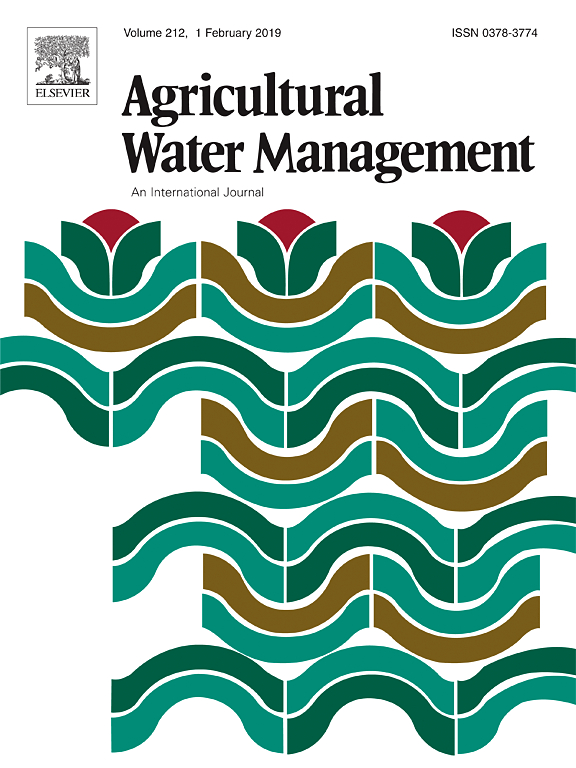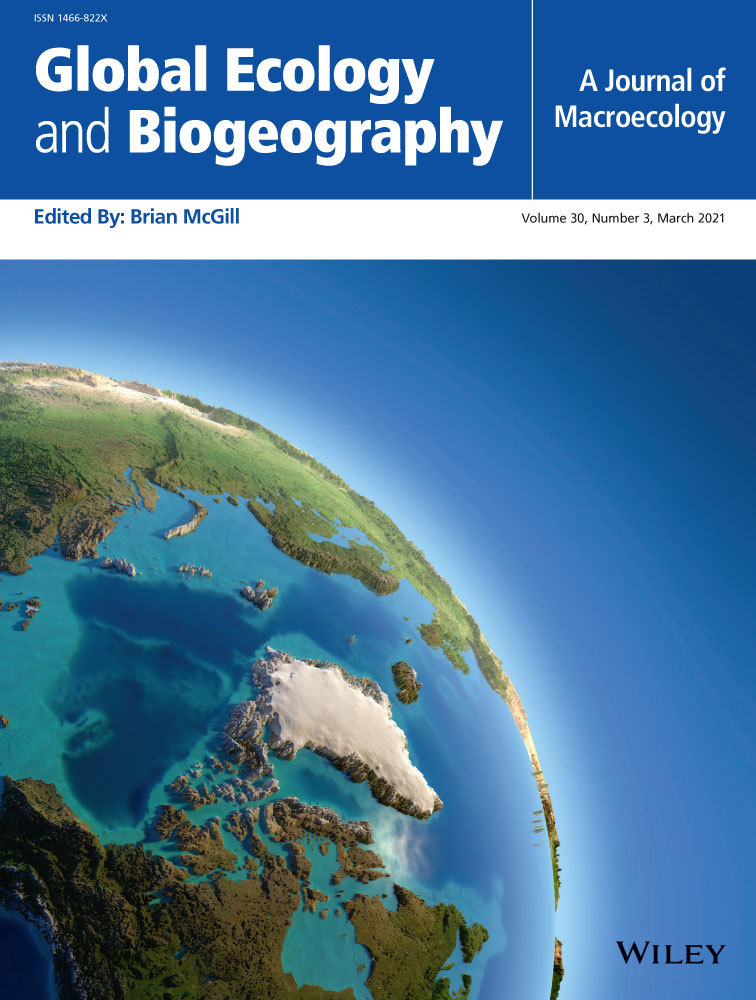Densely populated rural areas in the East African Highlands have faced significant intensification challenges under extreme population pressure on their land and ecosystems. Sustainable agricultural intensification, in the context of increasing cropping intensities, is a prerequisite for deliberate land management strategies that deliver multiple ecosystem goods (food, energy, income sources, etc.) and services (especially improving soil conditions) on the same land, as well as system resilience, if adopted at scale. Tree based ecosystem approaches (TBEAs) are among such multi-functional land management strategies. Knowledge on the multi-functionality of TBEAs and on their scaling up, however, remains severely limited due to several methodological challenges. This study aims at offering an analytical perspective to view multi-functional TBEAs as an integral part of sustainable agricultural intensification. The study proposes a conceptual framework to guide the analysis of socio-economic data and applies it to cross-site analysis of TBEAs in extremely densely populated Rwanda. Heterogeneous TBEAs were identified across Rwanda’s different agro-ecological zones to meet locally-specific smallholders’ needs for a set of ecosystem goods and services on the same land. The sustained adoption of TBEAs would be guaranteed if farmers subjectively recognize their compatibility and synergy with sustainable intensification of existing farming systems, supported by favorable institutional conditions.
DOI:
https://doi.org/10.3390/su10051360
Altmetric score:
Dimensions Citation Count:
























